Table of Contents
Mobile apps have seamlessly integrated into our daily lives, offering a plethora of services and information at our fingertips. Whether it’s for social networking, entertainment, banking, or shopping, there’s an app for virtually every need. Mobile app development has become a crucial touchpoint for interacting with brands and businesses as more people rely on smartphones and tablets for internet access.
Creating a mobile app development opens up a tremendous opportunity to tap into a vast and expanding market, attracting new customers and providing them with an engaging way to connect with your brand. Beyond expanding your reach and enhancing customer engagement, mobile apps can also boost business productivity and efficiency, foster customer loyalty, and provide insightful data from user interactions.
What are mobile app development platforms?
Mobile app development platforms are sophisticated software solutions that equip developers with the necessary tools and resources to create apps across various operating systems, such as iOS, Android, and Windows. These platforms typically provide comprehensive features and services to streamline the development, testing, and deployment processes.
There are two primary types of mobile app development platforms:
- Native app development platforms: Tailored to build apps for specific operating systems like iOS or Android, these platforms utilize native APIs and tools to craft apps that excel in performance and user experience.
- Cross-platform app development platforms: These platforms enable mobile application developers to build apps that function on multiple operating systems from a single codebase, offering a cost-effective solution for reaching a broader audience without needing separate app versions for each platform.
Top 7 Mobile App Development Platforms
1. Xamarin
Xamarin is a robust platform for developing apps on iOS, Android, and Windows using C# and . NET. It provides a comprehensive suite of tools for creating, testing, and deploying apps, featuring a visual designer and debugging tools. Key advantages include code reusability across platforms and integration with Azure for enhanced capabilities. However, familiarity with C# and .NET is advisable due to the platform’s complexity.

Features:
- Code Reusability: Share up to 90% of code across platforms.
- Full Native Apps: Develop fully native apps for Android, iOS, and Windows from a single .NET codebase.
- Native API Access: Deliver apps with a genuine native user experience.
2. Flutter
Developed by Google, Flutter is an open-source framework for crafting high-quality native interfaces on iOS and Android with a single codebase. It’s renowned for its Hot Reload feature, which lets developers instantly see changes in the app. While excellent for UI creation, Flutter may struggle with complex animations and graphics.
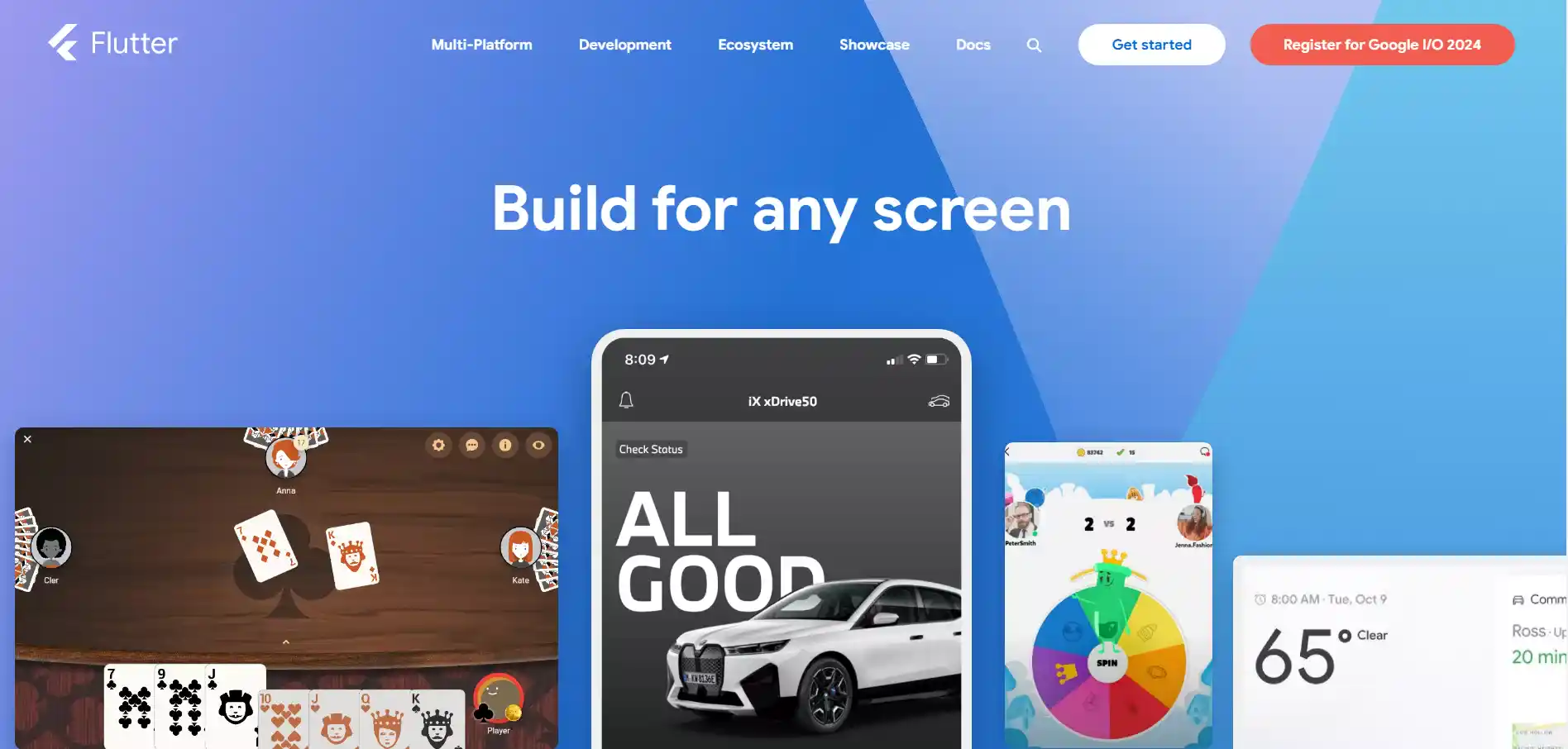
Features:
- Hot Reload: Instantly visualize changes to enhance productivity.
- Customizable Widgets: Extensive tools for efficient UI development.
- Unified Codebase: Maintain consistency across platforms with a single codebase.
3. Cordova
Cordova enables developers to build cross-platform mobile apps using HTML, CSS, and JavaScript. It supports accessing native device features via plugins and integrates seamlessly with various development tools. However, performance might lag behind native apps, particularly in terms of optimizing for specific OS capabilities.
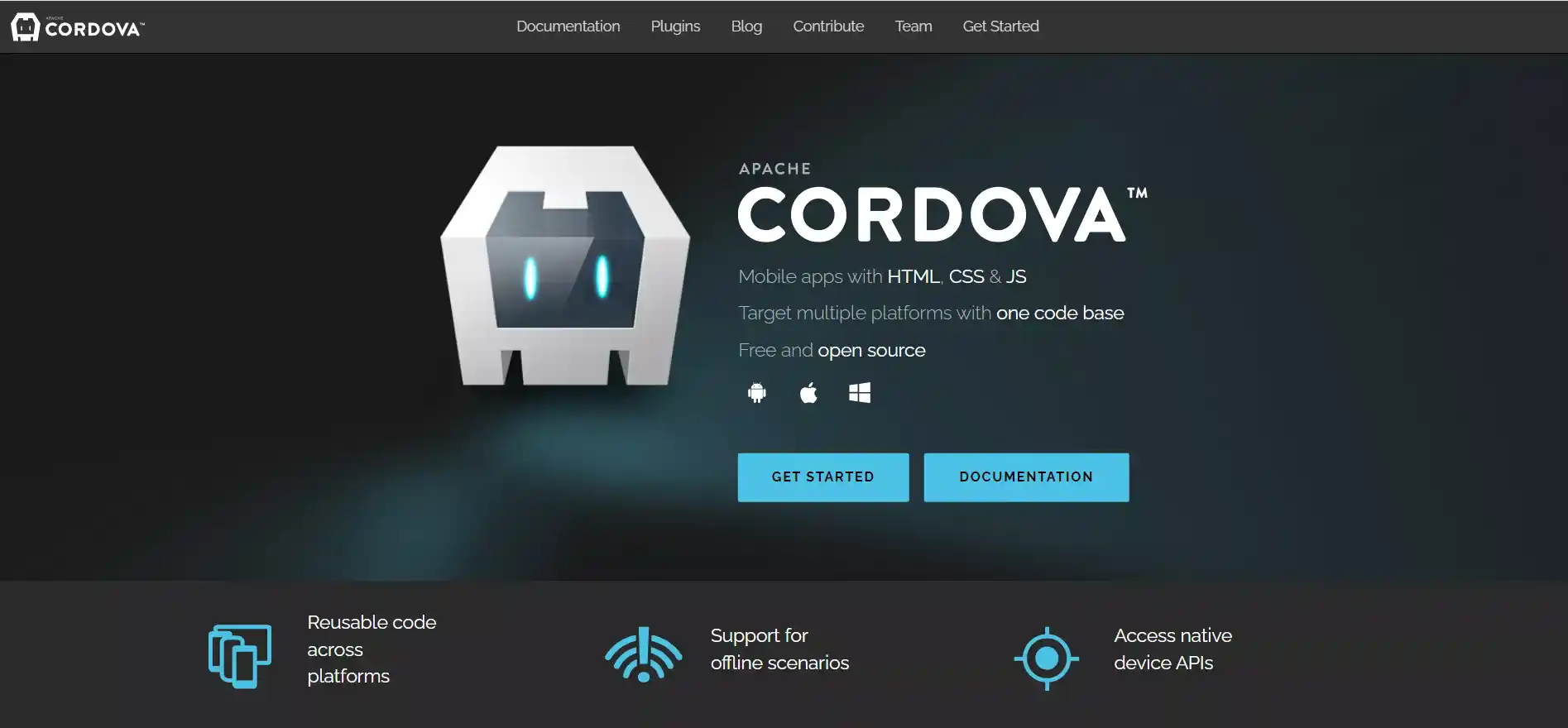
Features:
- Universal Compatibility: Operate across multiple OS with the same codebase.
- Rich Plugin Library: Access to native device functionalities.
- Familiar Web Technologies: Utilize HTML5, CSS3, and JavaScript for app development.
4. Unity
Unity is more than just a game development engine; it’s also a powerful tool for creating cross-platform mobile apps and interactive content. It supports numerous platforms, including iOS, Android, and Windows, but may require robust hardware to run smoothly due to its resource-intensive nature.
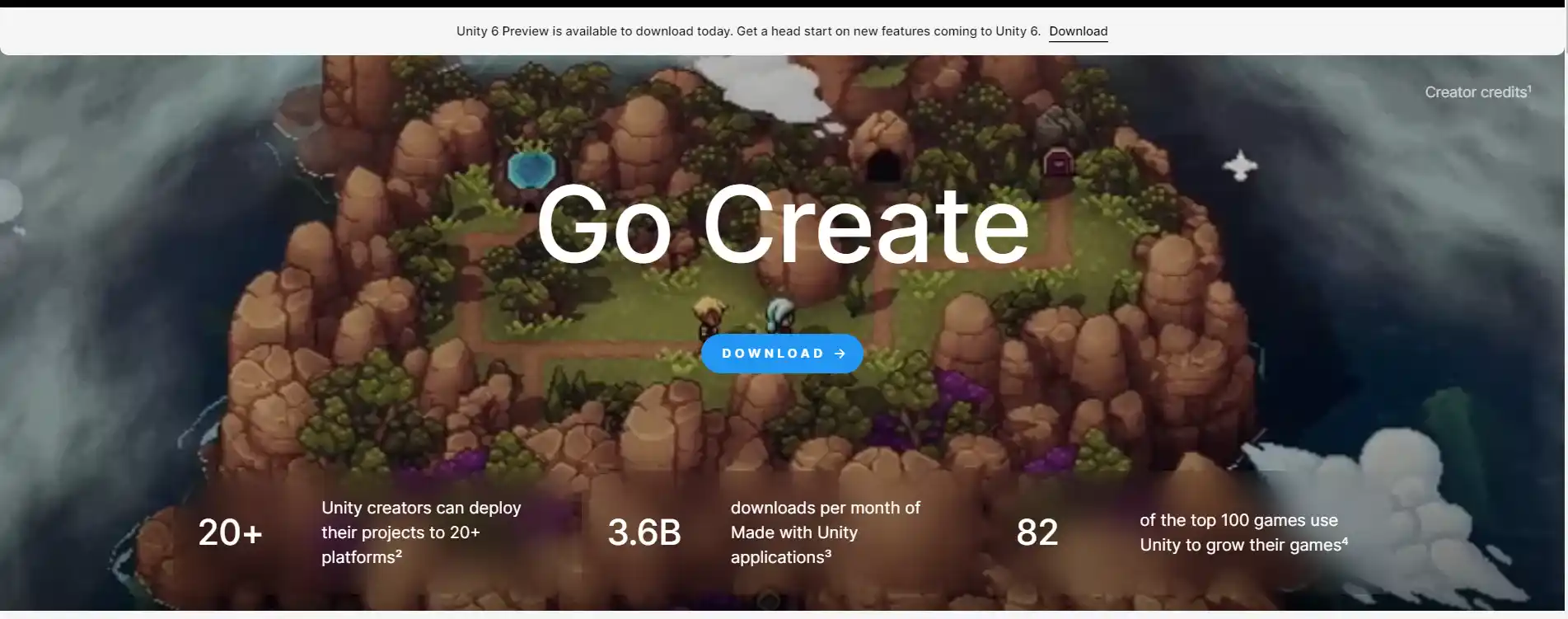
Features:
- Advanced Rendering: Ensures immersive visual experiences.
- Collaboration Tools: Enhances team productivity with collaborative features.
- Analytics: Provides real-time data to track user engagement and behavior.
5. Ionic
Ionic offers a framework for developing high-quality mobile and web apps from a single codebase, using HTML, CSS, and JavaScript. It is praised for its simplicity and the familiar web technologies it employs, although it may fall short in performance compared to native apps.
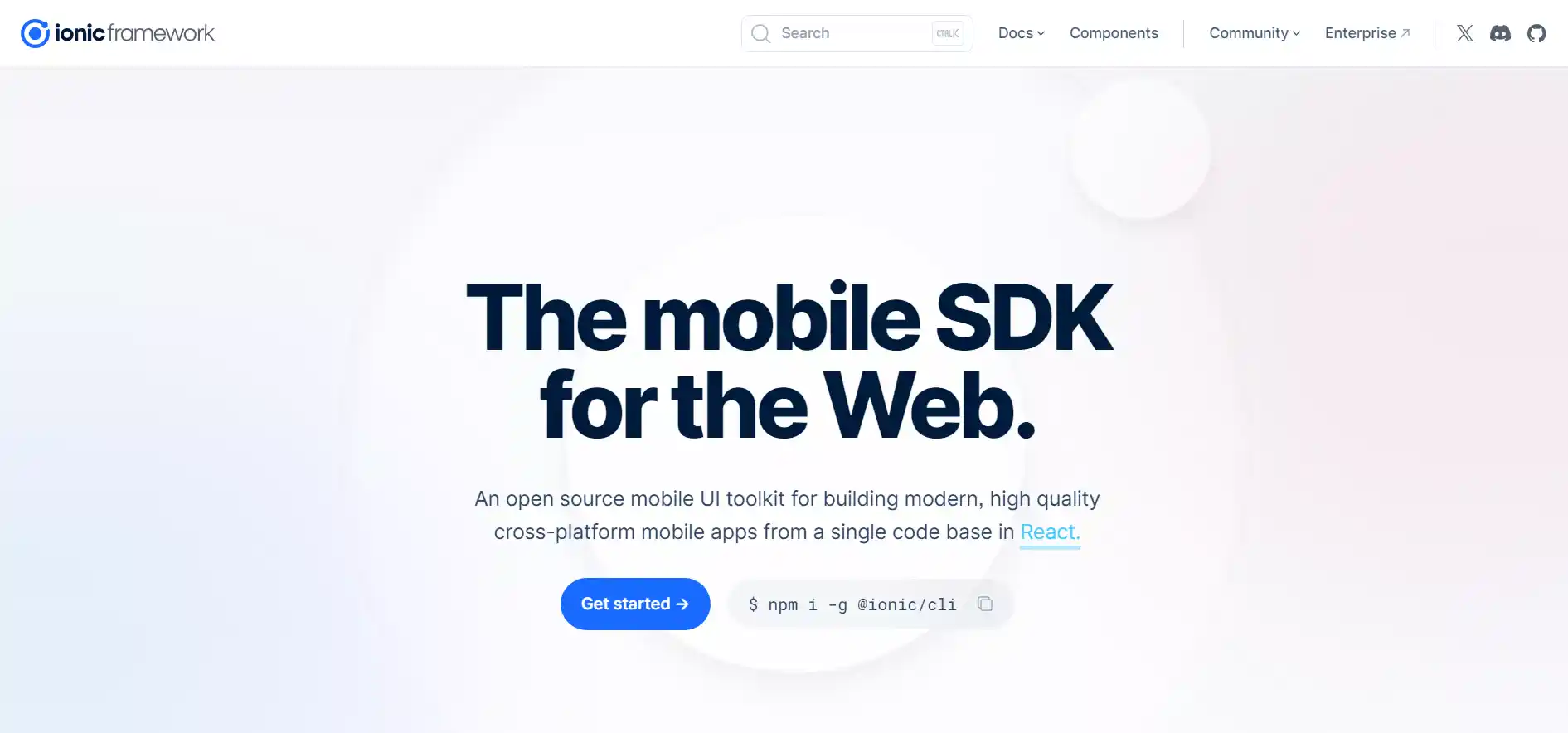
Features:
- Unified Codebase: Consistent performance across all platforms and devices.
- Rich UI Features: A broad array of UI components for enhanced user experiences.
- Web Technology-Based: Utilizes common web technologies for app development.
6. React Native
Created by Meta, React Native enables developers to build genuine native apps for both iOS and Android using JavaScript and React. It combines the best aspects of native development with React’s powerful capabilities, offering smooth integration with third-party plugins and other platforms like tvOS.
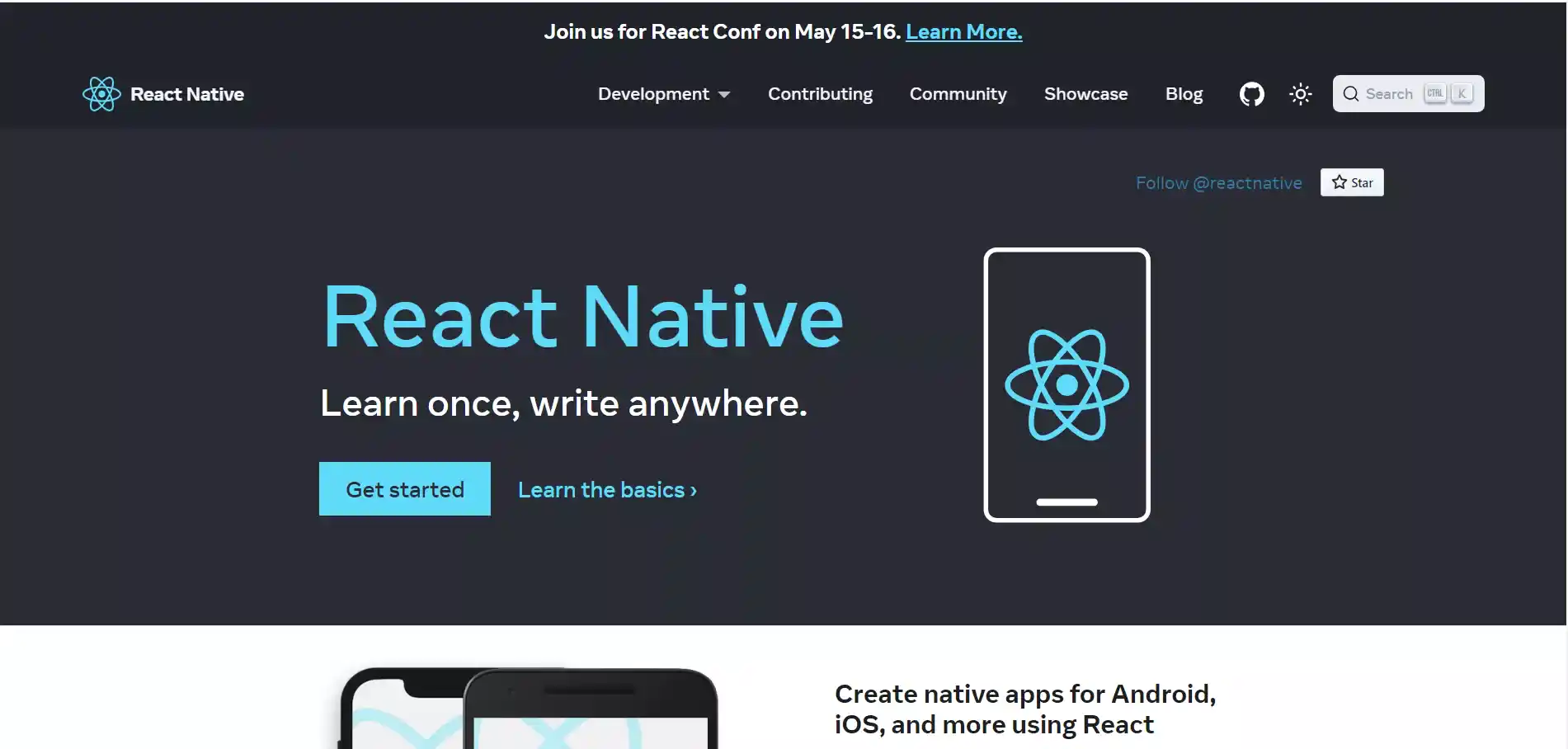
Features:
- Native Performance: Apps work seamlessly as if they’re native on any platform.
- Hot Reloading: Streamlines the development process with real-time updates.
- Extensive Flexibility: Easy integration with a wide range of third-party services.
7. NativeScript
NativeScript is an open-source framework that allows developers to use Angular, Typescript, or JavaScript to create real native apps for both Android and iOS from a singular codebase. It provides direct access to all native APIs, which enhances performance and integration capabilities.
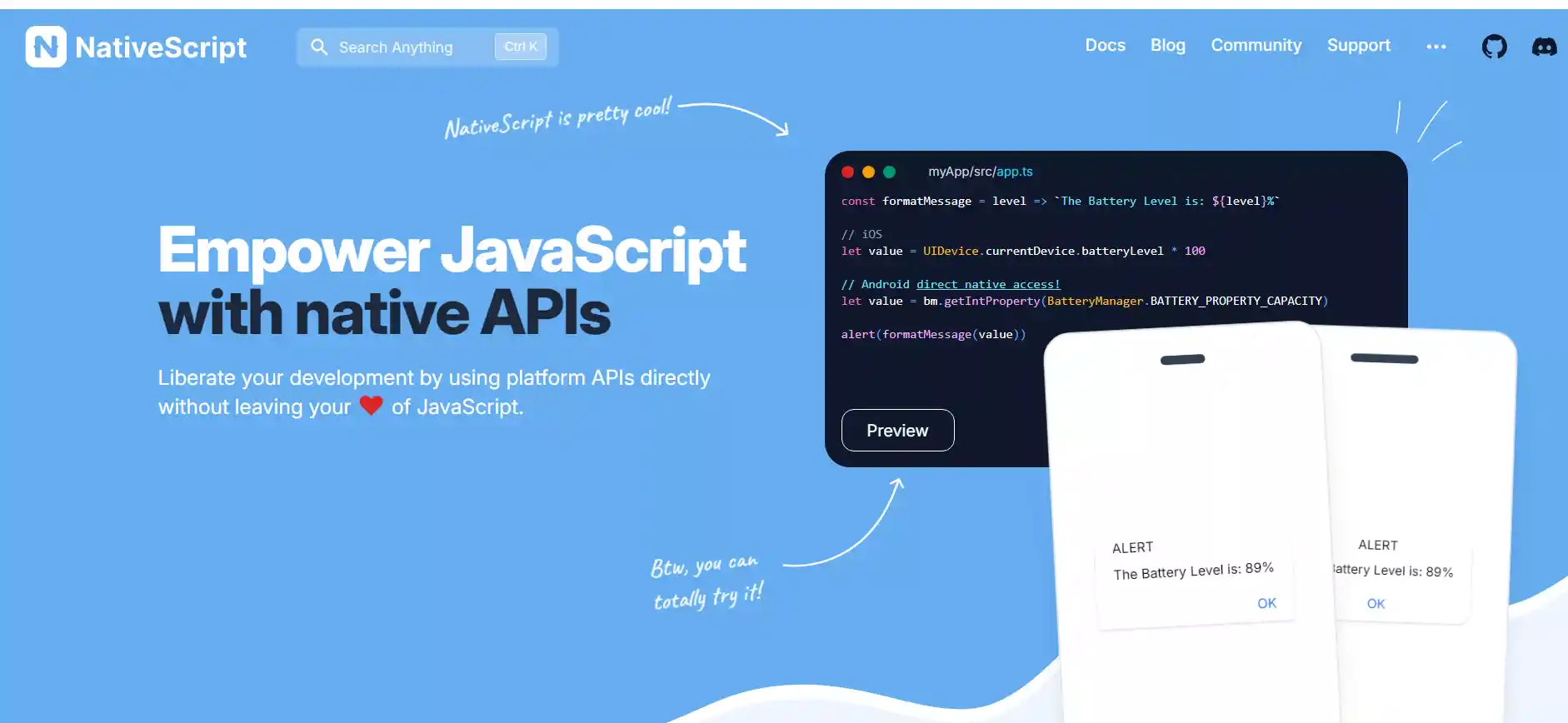
Features:
- Truly Native: Build mobile apps that operate with native performance.
- Unified Codebase: Efficient development across iOS and Android.
- Flexible Language Options: Supports JavaScript, Angular, or TypeScript.
- Direct API Access: Full access to native APIs to maximize functionality.
- Rich Plugin Ecosystem: Extensive library to accelerate development.
Conclusion
The landscape of mobile app development is continually evolving, and the platforms discussed here are at the forefront of this innovation. Each platform offers unique features and benefits, making them suitable for various types of projects and developer preferences. Whether you are looking for extensive code reusability, a rich set of UI components, or direct access to native APIs, these top mobile app development platforms provide the tools necessary to build robust, efficient, and scalable mobile applications.
As the demand for mobile apps grows, choosing the right platform will be crucial to your success in developing applications that not only meet but exceed user expectations. Therefore, carefully consider your project requirements, target audience, and the specific strengths of each platform to make an informed decision that will propel your mobile app development endeavors to new heights.





